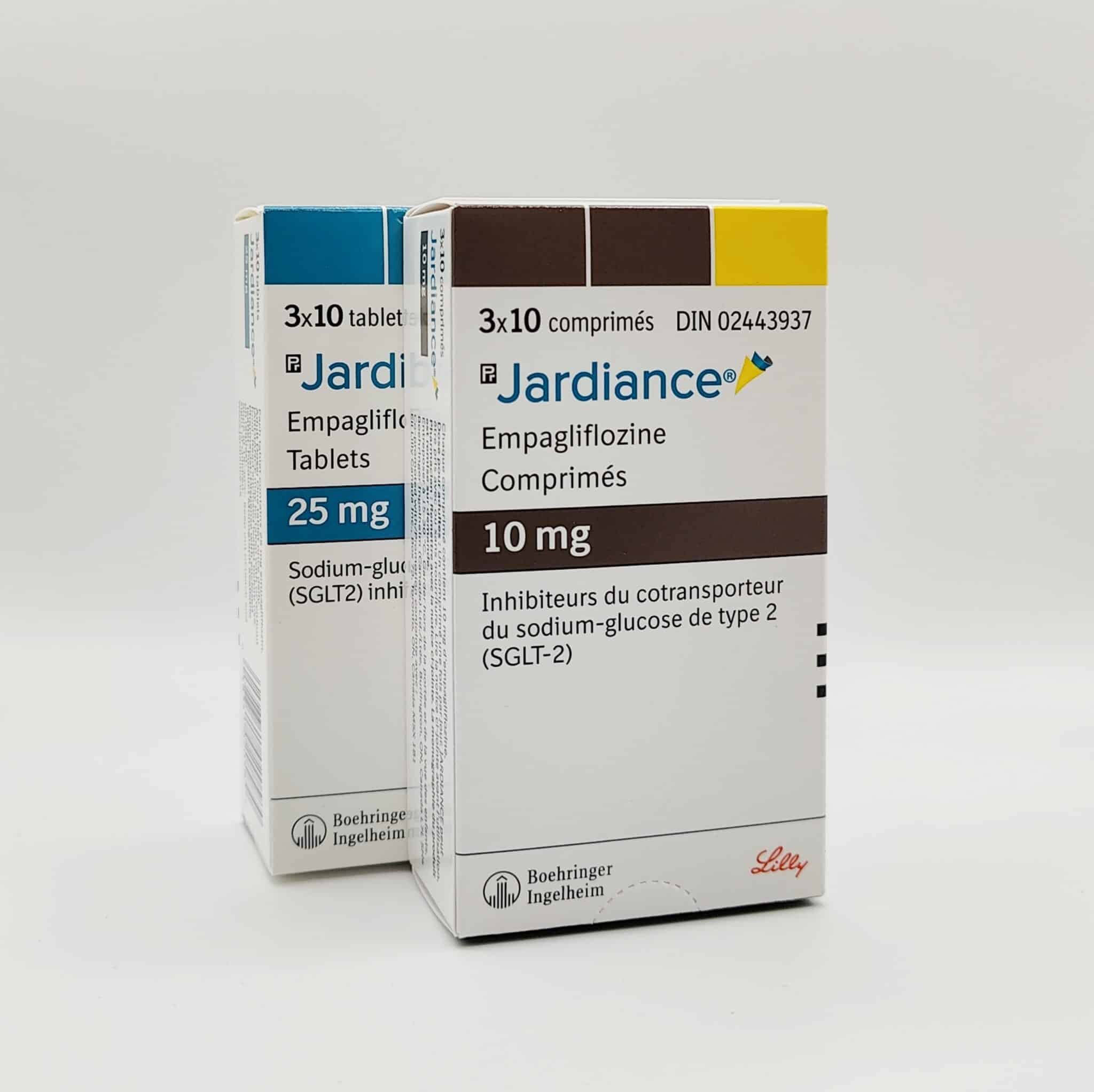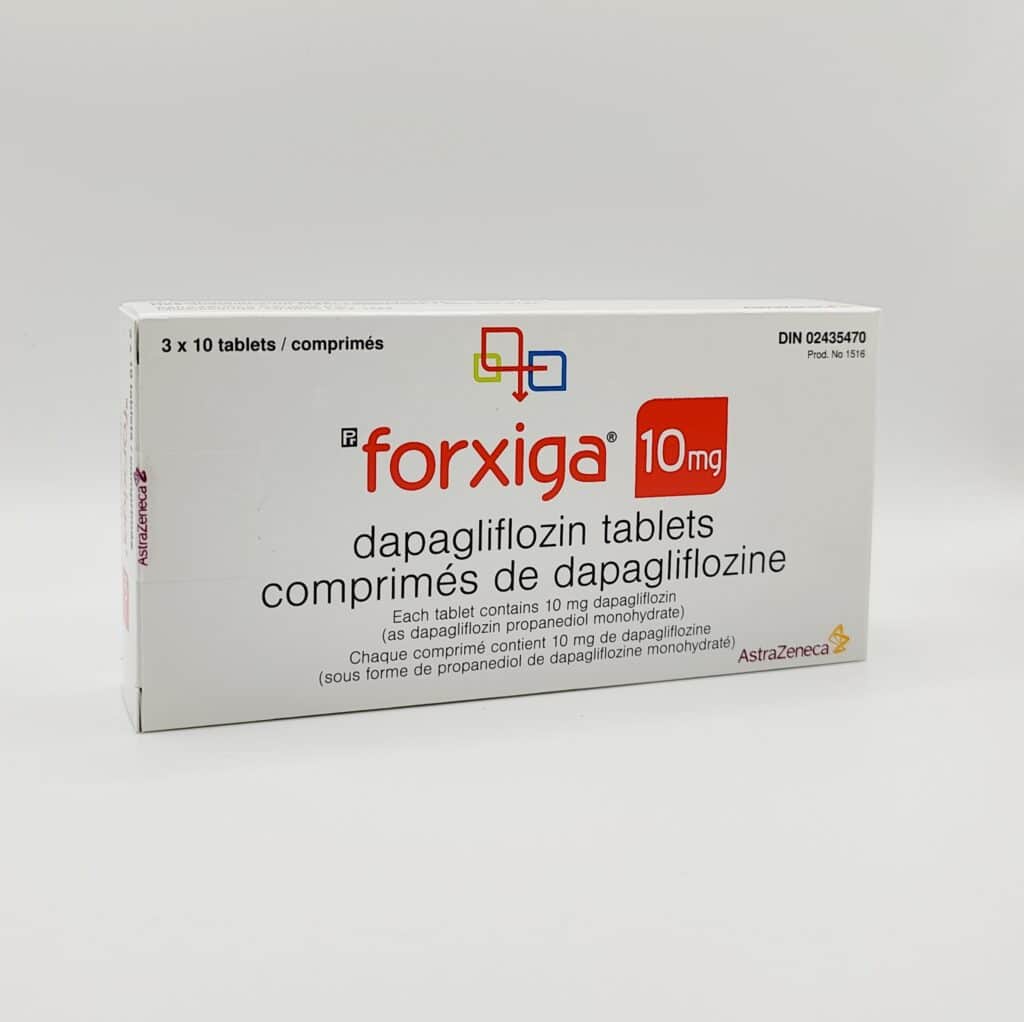Managing Sick Days with Diabetes: What You Need to Know
Managing Sick Days with Diabetes: What You Need to Know
- Jason K
When you’re living with diabetes, being unwell—whether it’s a cold, flu, or another illness—can disrupt your blood sugar control. Understanding how to manage your condition during these times is critical to avoid complications. For patients taking certain medications like Farxiga and Jardiance, extra precautions may be necessary.
In this guide, we’ll cover SADMANS, a helpful acronym for managing sick days with diabetes, and discuss the specific considerations for medications like Farxiga and Jardiance.
Why Sick Days Are Different for People with Diabetes
Illnesses can cause stress on your body, leading to higher levels of stress hormones like cortisol. This can result in:
- Higher Blood Sugar Levels: Even if you’re not eating much, your body may release stored glucose into your bloodstream.
- Dehydration: Vomiting, diarrhea, or fever can cause fluid loss, making it harder to manage blood sugar.
- Risk of Diabetic Ketoacidosis (DKA): For those with type 1 diabetes or on SGLT2 inhibitors like Farxiga and Jardiance, the risk of DKA increases during illness.
SADMANS: Your Sick Day Guide
SADMANS is an acronym that helps you remember which medications to pause when you’re unwell. This is particularly useful for managing diabetes and avoiding complications like dehydration or kidney issues.
S – Sulfonylureas (e.g., glyburide, glipizide)
- These medications increase insulin production and can cause low blood sugar when your food intake is reduced.
A – ACE Inhibitors (e.g., ramipril, lisinopril)
- Pause these to protect your kidneys if you’re dehydrated.
D – Diuretics (e.g., hydrochlorothiazide, furosemide)
- These can worsen dehydration.
M – Metformin
- Metformin increases the risk of lactic acidosis if you’re dehydrated or have an infection. Temporarily stop until you recover.
A – ARBs (e.g., losartan, valsartan)
- Like ACE inhibitors, these medications can stress the kidneys during dehydration.
N – NSAIDs (e.g., ibuprofen, naproxen)
- Non-steroidal anti-inflammatory drugs can impair kidney function when you’re dehydrated.
S – SGLT2 Inhibitors (e.g., Farxiga, Jardiance)
- These medications can increase the risk of diabetic ketoacidosis (DKA), particularly during illness or dehydration. Pause them until you’re better.
Farxiga and Jardiance: What You Should Know
Farxiga (dapagliflozin) and Jardiance (empagliflozin) are SGLT2 inhibitors commonly prescribed for managing type 2 diabetes. They work by helping your kidneys remove excess glucose through urine. While effective, they come with specific precautions for sick days:
Risk of Dehydration
- Farxiga and Jardiance promote fluid loss, which can worsen dehydration when you’re already unwell.
Increased Risk of Diabetic Ketoacidosis (DKA)
- During illness, your body may produce ketones as it breaks down fat for energy. SGLT2 inhibitors can increase the risk of DKA, even if your blood sugar is not excessively high.
When to Pause
- If you’re experiencing symptoms like nausea, vomiting, or diarrhea, pause Farxiga or Jardiance. Resume once you’re fully hydrated and recovered.
Discuss with Your Doctor
- Always consult your healthcare provider about when to restart these medications.
Tips for Managing Sick Days with Diabetes
Monitor Your Blood Sugar Frequently
- Check your blood sugar levels every 2–4 hours, as illness can cause fluctuations.
Stay Hydrated
- Drink plenty of water or electrolyte solutions to prevent dehydration.
Continue Insulin (If Prescribed)
- Never stop insulin without medical advice. Your body may require more insulin during illness.
Check for Ketones
- Use urine ketone strips if you’re on SGLT2 inhibitors or have type 1 diabetes. Contact your doctor if ketones are present.
Stick to Simple Foods
- Eat small, frequent meals or snacks like crackers, broth, or applesauce if you’re struggling to keep food down.
Know When to Seek Help
- Contact your healthcare provider if your blood sugar is consistently over 240 mg/dL, if you can’t keep fluids down, or if you’re showing signs of DKA (e.g., fruity-smelling breath, confusion, rapid breathing).
Conclusion
Managing diabetes during sick days requires extra care and attention, especially when taking medications like Farxiga and Jardiance. By following the SADMANS guide, staying hydrated, monitoring blood sugar closely, and knowing when to seek medical help, you can minimize complications and recover safely. Always consult your healthcare provider for personalized advice and guidance. Taking proactive steps during illness ensures you stay in control of your health, even on challenging days. Visit Over the Border Meds to learn more about affordable diabetes medications and support.
References
1. Diabetes Canada – Sick Day Management
https://www.diabetes.ca/managing-my-diabetes/tools—resources/sick-day-management
2. Farxiga Official Website
https://www.farxiga.com/
3. Jardiance Official Website
https://www.jardiance.com/
4. Mayo Clinic – Diabetes and Illness
https://www.mayoclinic.org/diseases-conditions/diabetes/expert-answers/diabetes-and-illness/faq-20057936
5. American Diabetes Association – Ketones and DKA
https://www.diabetes.org/diabetes/complications/dka-ketoacidosis-ketones


